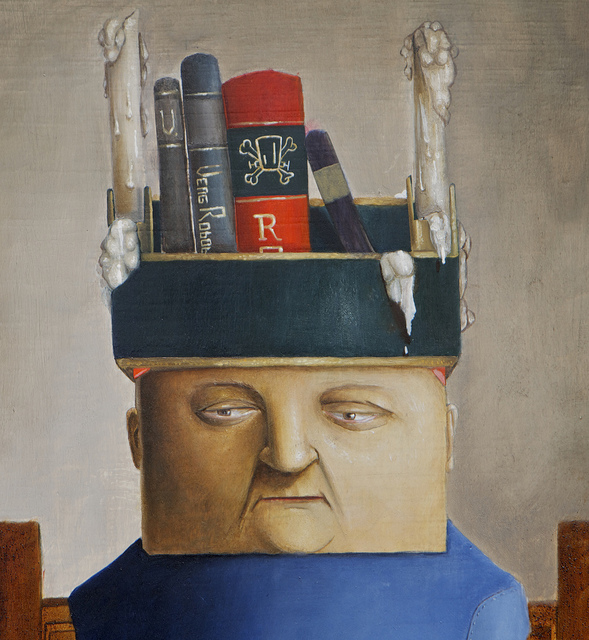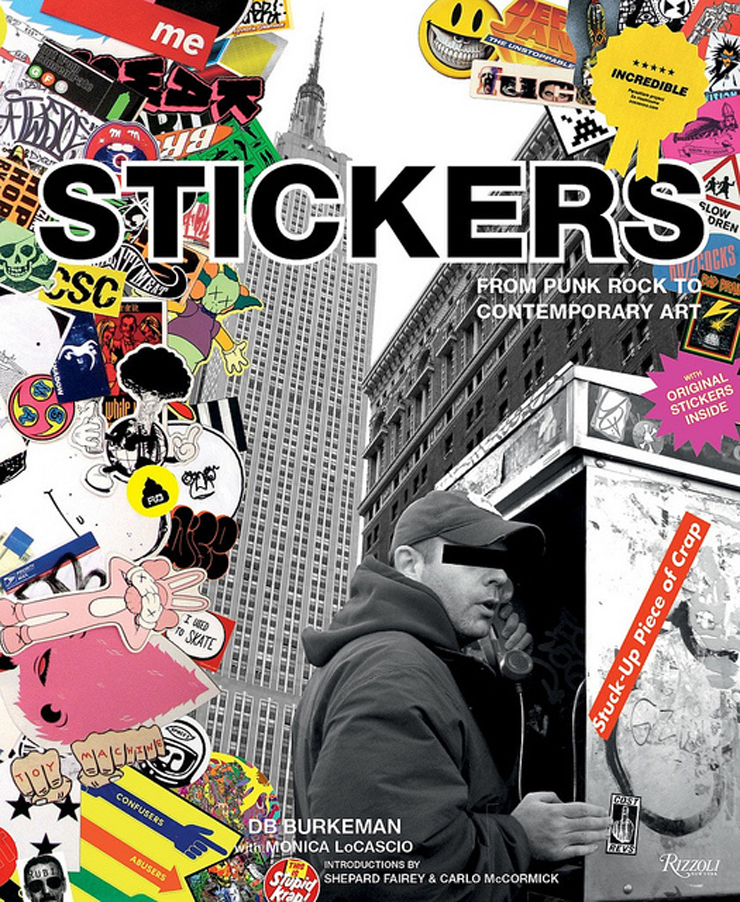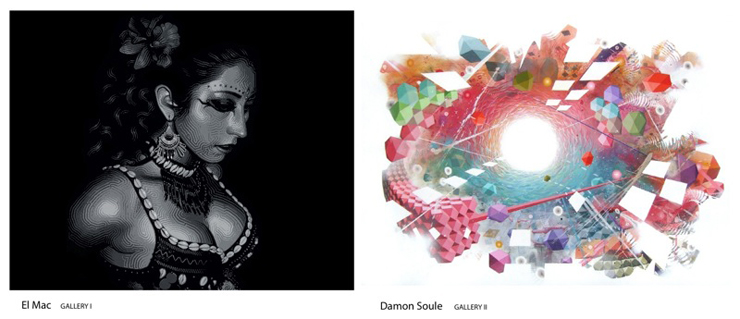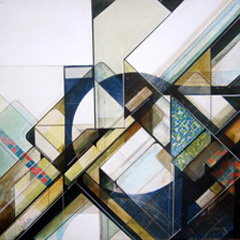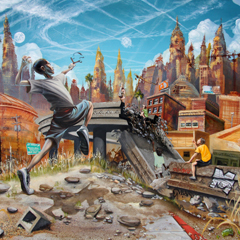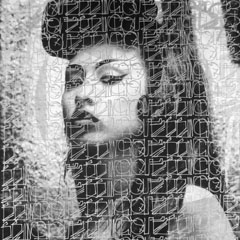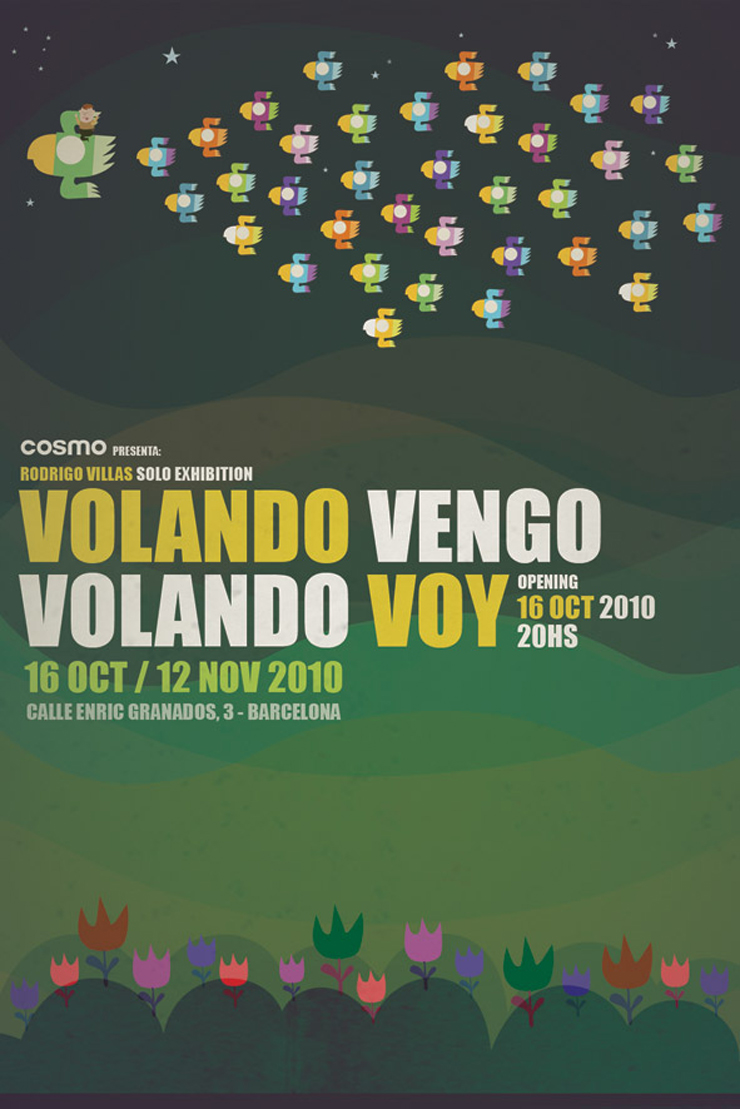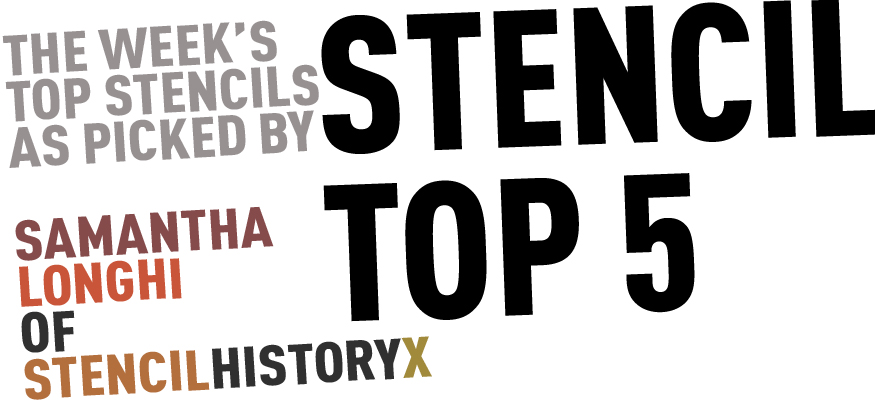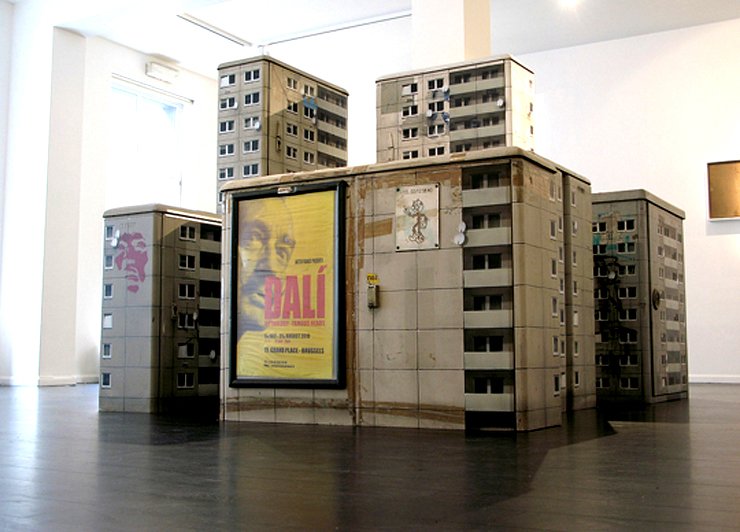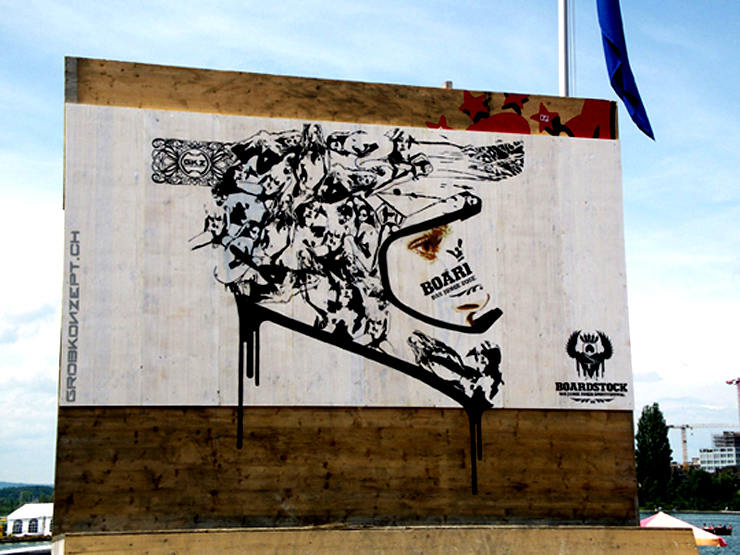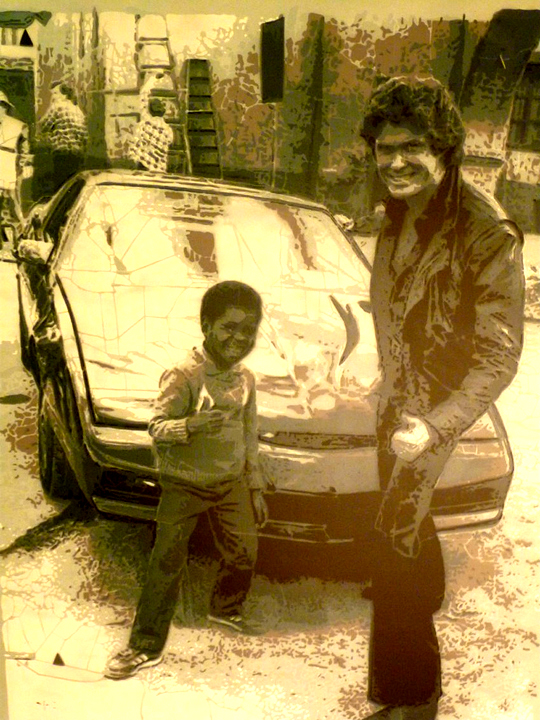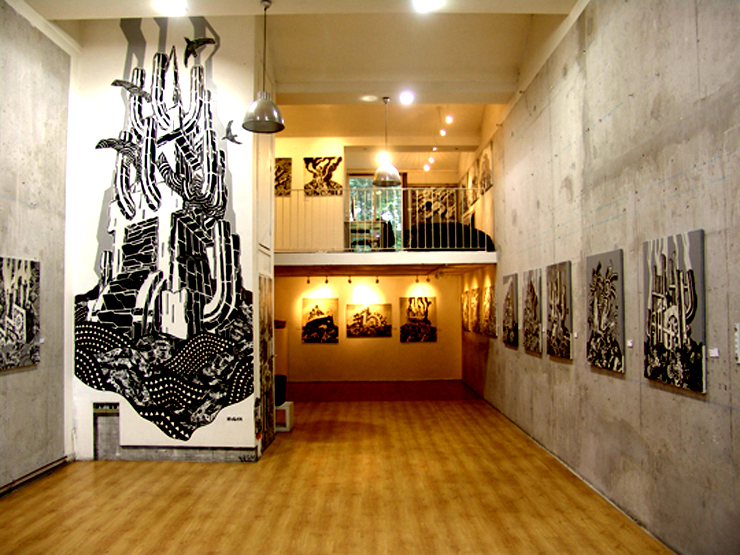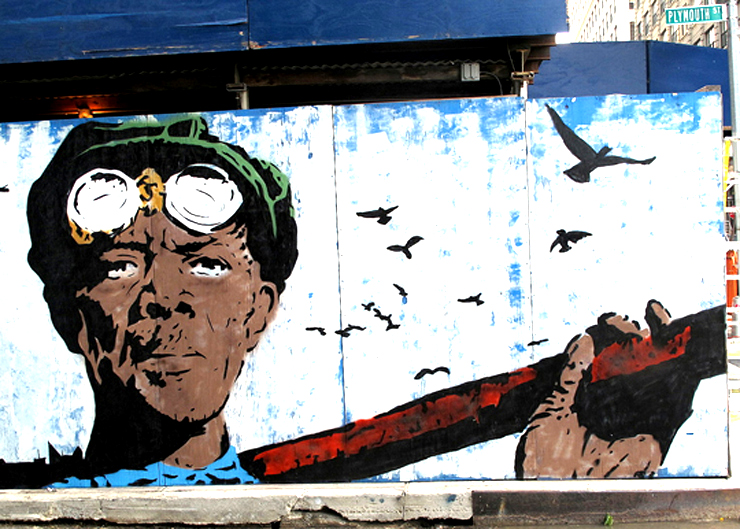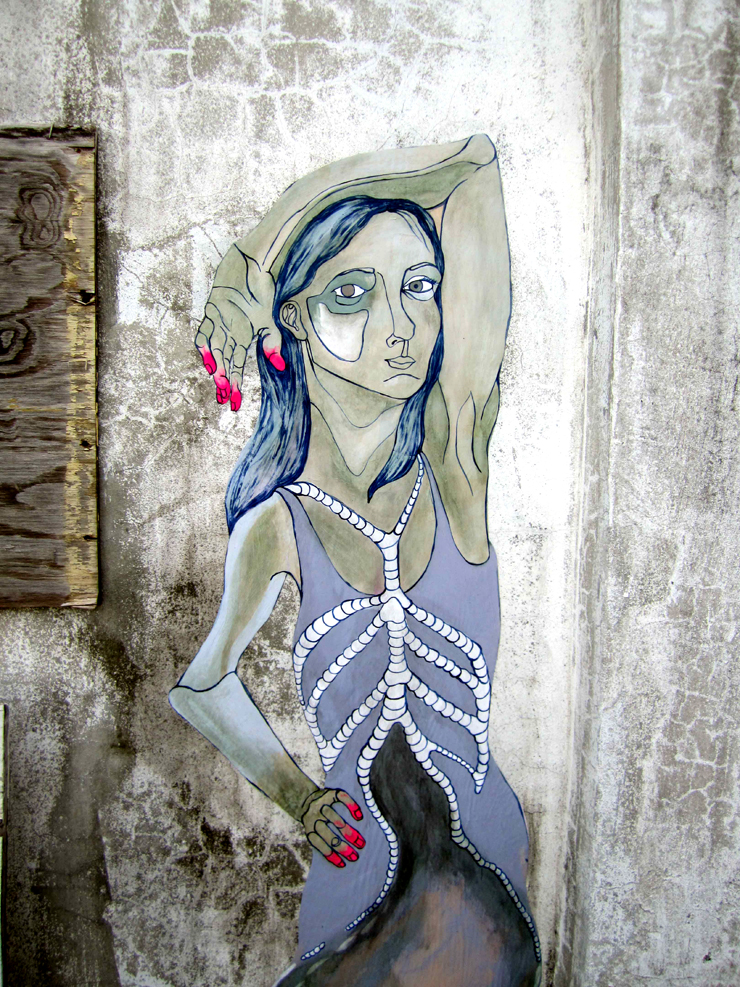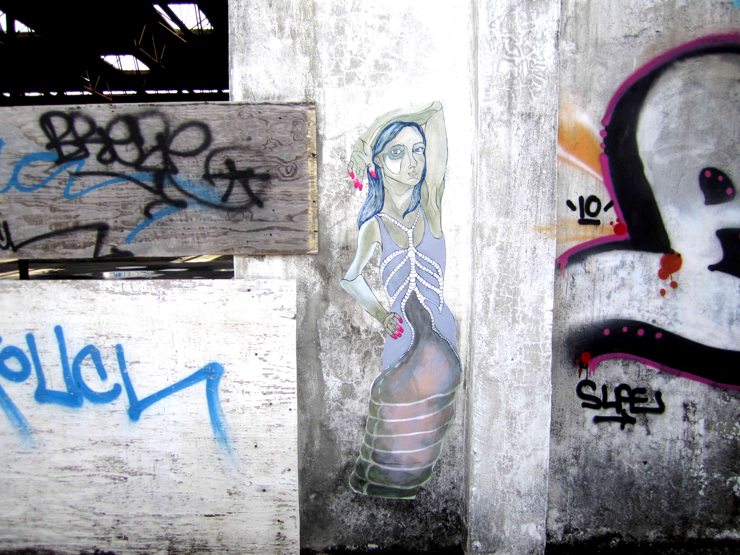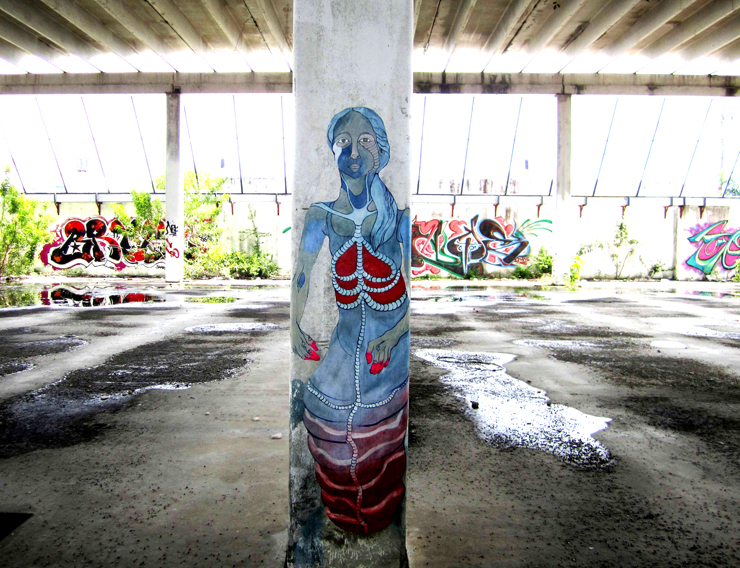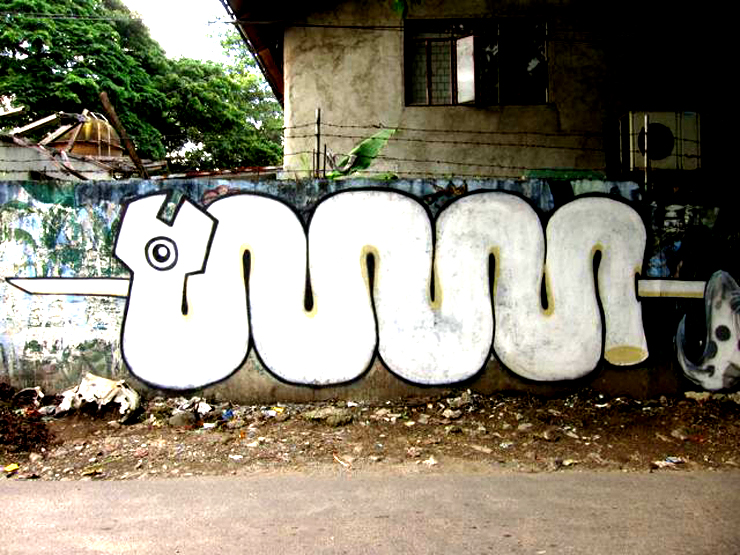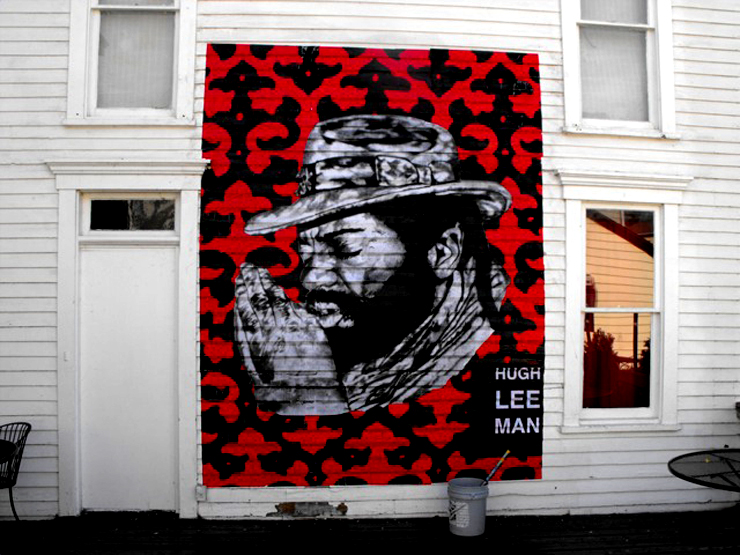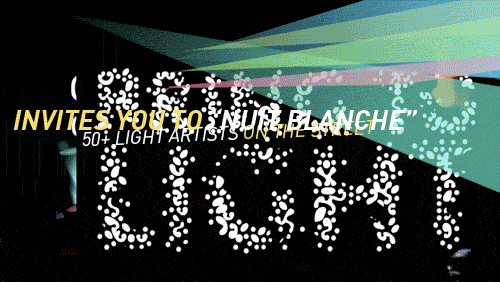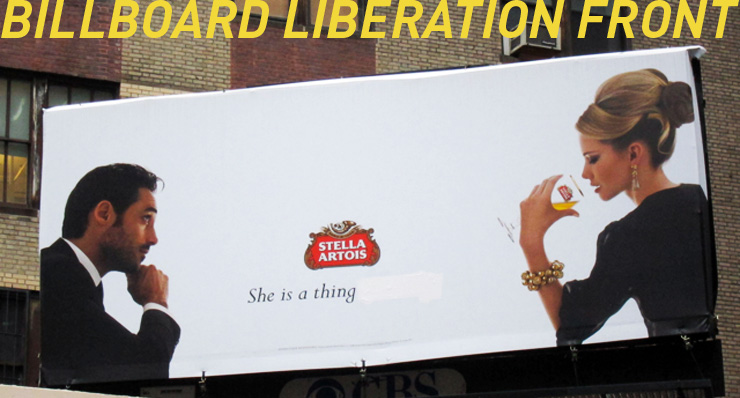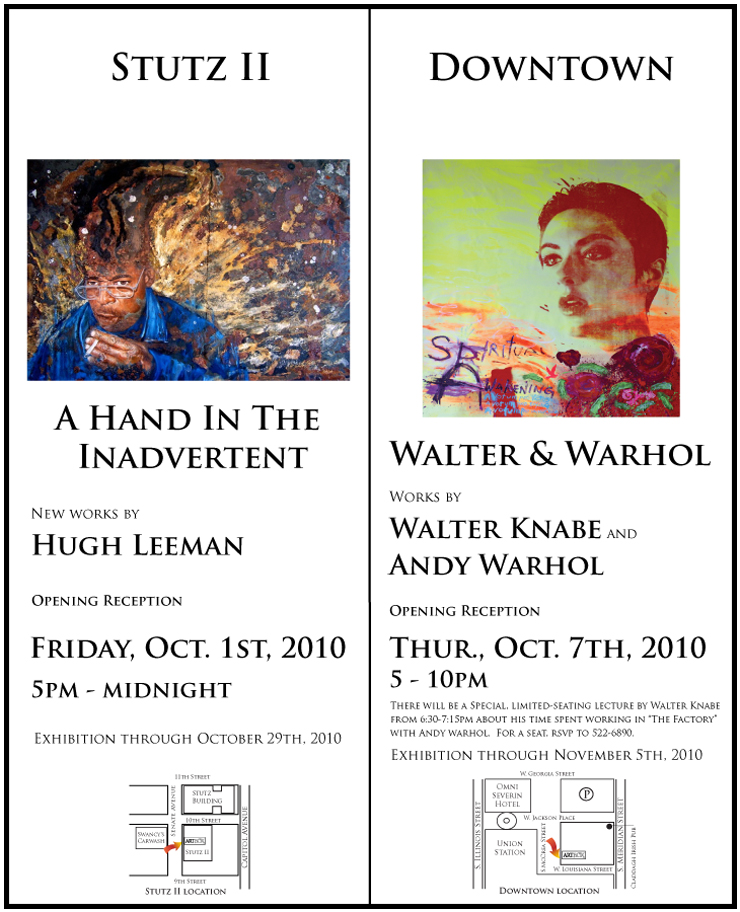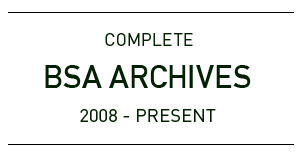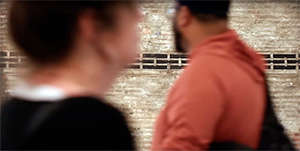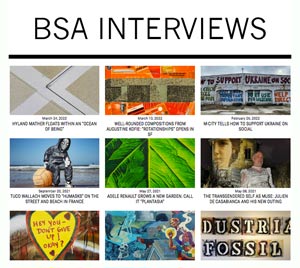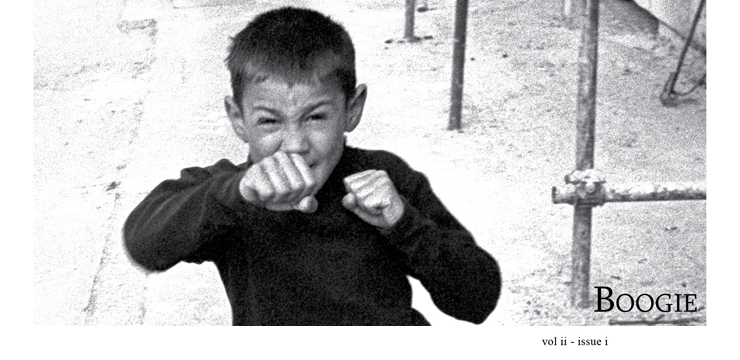
Detail of a photograph by Boogie on the cover of The Art Street Journal
Print publishing has been a heavyweight boxer on the mat with both shoulders pinned down for the last 7, 8, 9, 10 years. The multitude of problems that plague the publishing industry these days are rapid-fire punches: The down-shift economy, ad dollars swinging for social media, the high cost of print, and changing consumer behavior all sing the coda of the paper page. A recent survey published in Oriella Digital Journalism found that more than half of journalists surveyed think that their printed journals will eventually be knocked out cold by online.
Given this current climate, how can you dream of publishing a new free art magazine? Even the most entrepreneurial art fans would be discouraged, but Seth and Elisa Carmichael are no strangers to obstacles and their project, The Art Street Journal, is now in it’s second successful year.
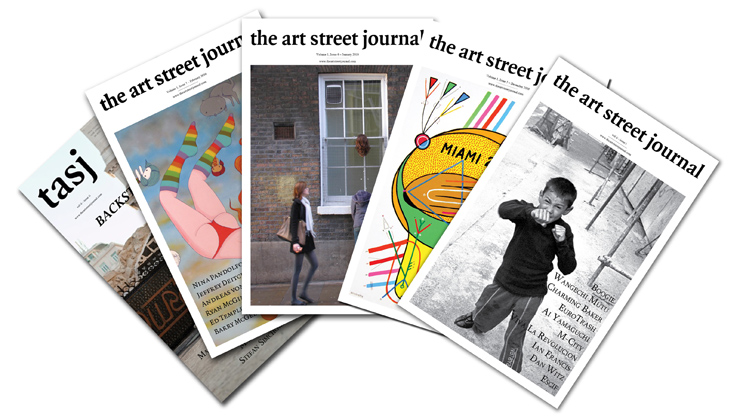
Their L.A. gallery ‘Carmichael Gallery for Contemporary Art’ had already been in business for about a year when they were hit by personal trouble. The new bride Elisa, a British citizen and an Australian resident, had to leave the continental USA to tend to some very important and grievous family affairs back home. Compounding her hardship, Elisa discovered her return to The United States was barred due to visa technicalities. A prolonged calvary of Kafkaesque events ensued before she was able to re-unite with her young husband in California. It was during this time they began planning a newspaper about the thing they both love most: art.
Elisa and Seth are avid supporters of contemporary, street and urban art and believe that art must play a significant place in human development. Elisa’s new idea of editing and publishing a journal would focus on celebrating and supporting the arts and the community involved in its creation.
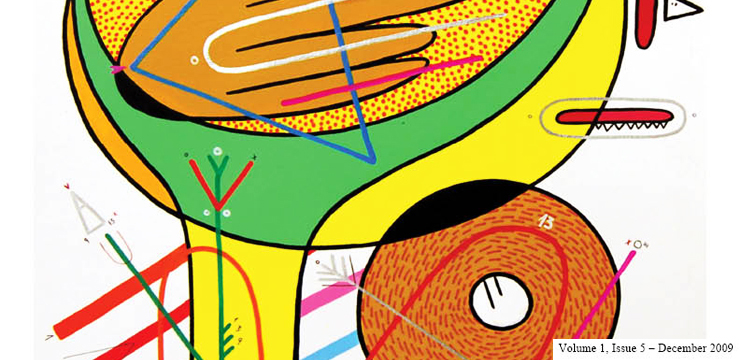
Detail of a piece by Sixeart on the cover of The Art Street Journal
We wanted to know what motivates Elisa to continue with her almost quixotic path to publishing and distributing a free print journal when many well-established and respected journals are folding by the dozen.
Brooklyn Street Art: Why are you and Seth publishing a printed journal when most publications in print are struggling to survive? What keeps you motivated to continue to publish it?
Elisa Carmichael: We have always wanted to have a magazine – it’s something we’d talked about doing for a long time. We enjoy blogs and considered starting one of our own, but decided in the end that we’d rather do something a bit different.
We have a shared love of books and magazines that goes back long before we met and believe that nothing can replace the magic of print. The Art Street Journal (TASJ) has given us a unique opportunity to support the artists and events that interest us in a medium we want to help keep alive.
We’ve received so many kind notes and words of encouragement from readers all over the world in the past year. It means so much to us that people enjoy TASJ. Connecting to a broad network of international art lovers has been a key motivator in keeping us going.
Aside from the enjoyment we derive from putting each issue together, our motivation comes from the positive response and rapid growth of our readership. It has been really interesting to monitor: Even though TASJ is a free publication, we really weren’t sure anyone would be interested in it. We have some great supporters out there – galleries, museums, clothing stores, cafes, specialty bookstores and individuals doing drop-offs at various locations in their cities around the world.
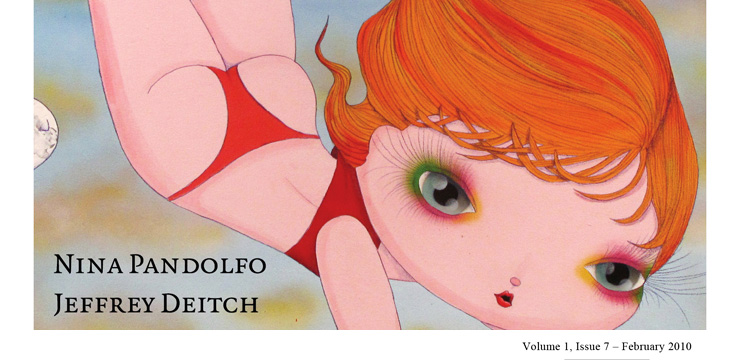
Detail of a piece by Nina Pandolfo on the cover of The Art Street Journal
Brooklyn Street Art: The journal’s main focus is in Street and Urban art. What drove you to this art genre in the first place?
Elisa Carmichael: TASJ certainly supports street and urban art, but its focus is really contemporary art as a whole. You will see many artists featured on our pages who have a street background because we love the energy inherent in Street Art. It’s an art form we are both very passionate about and believe has an important place in art history.
That said, TASJ is not a Street/Urban art magazine. Our aim is to curate content that combines the best art from the underground, emerging, and mainstream established worlds. The journal has an aesthetic through-line that links the artists we cover, regardless of their background, and I think that comes across when turning its pages. We also try to keep the editorial diverse and internationally focused, as well as give time to people and events that haven’t had too much coverage from other media outlets.
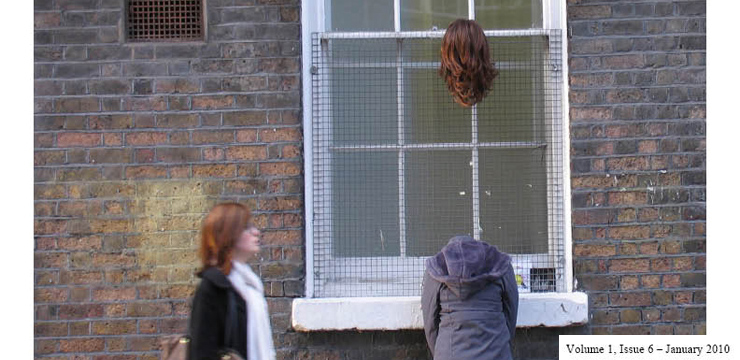
Detail of a piece by Street Artist Mark Jenkins on the cover of The Art Street Journal
Brooklyn Street Art: What’s your ultimate goal with TASJ?
Elisa Carmichael: There’s a place for all sorts of publications in the marketplace, but for us, the number one goal is to get the message out about the art we love to as many people as possible. We don’t believe that every nice independent art magazine needs to cost $20; there should be something out there that everyone can have access to. TASJ will always remain free.
We have a lot of different plans and goals —TASJ has quickly become a far bigger project than we originally envisioned and at this point it is really our second business. At the same time, we’re trying to let it develop organically and improve it a bit each time we bring an issue out. In one year our 4 page black and white newspaper is a full color magazine-style periodical.
Another goal we have is to show our art world associates that it’s possible for gallerists to want to support other galleries and artists, even when there is no personal or financial relationship. There is far too much cattiness and rivalry in the art world as it is without our contributing to it. We know how hard it is to stay alive and make things happen in this business and we respect the people out there who are doing just that. We like the fact that we’ve been able to build a little platform from which to celebrate those people and not ask for anything in return.
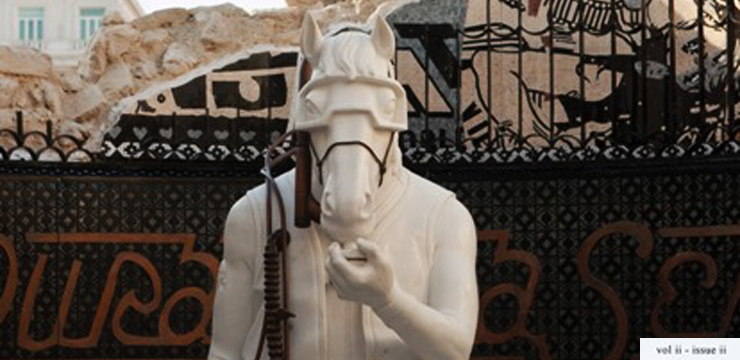
Detail of a piece by Faile on the cover of The Art Street Journal
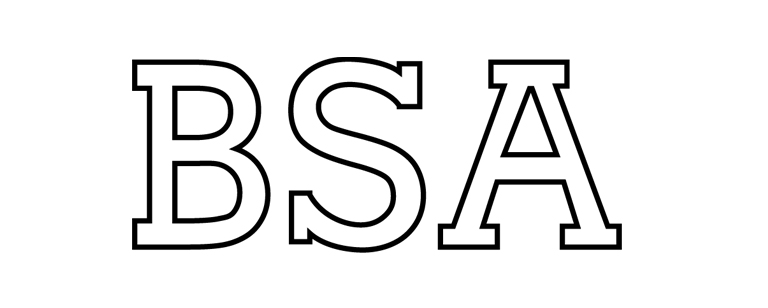 BROOKLYN STREET ART LOVES YOU MORE EVERY DAY
BROOKLYN STREET ART LOVES YOU MORE EVERY DAY

